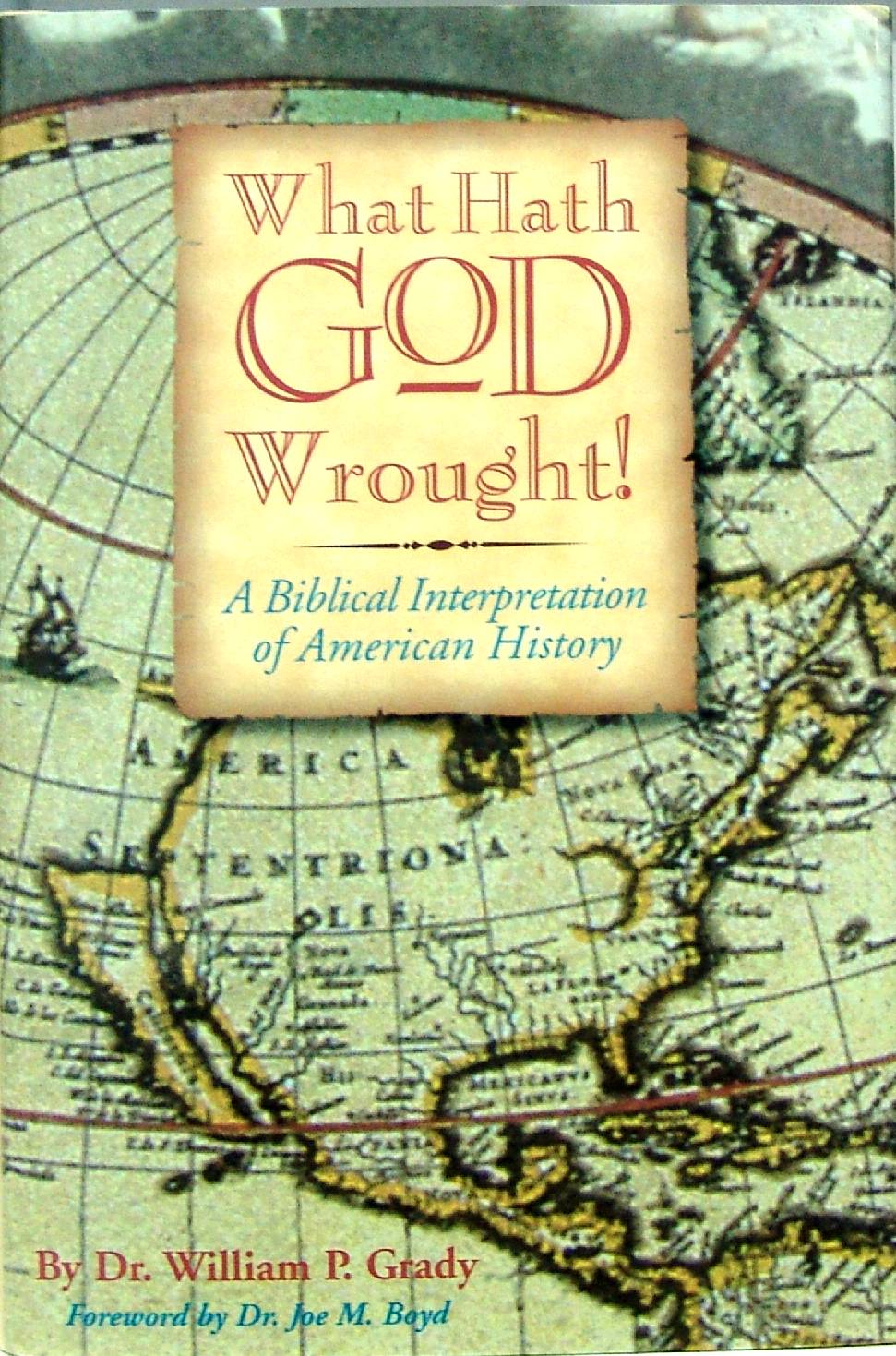
The Czar of Russia worried about the democratic implications of the telegraph, just as the rulers of China today worry about the democratic implications of the Internet. To sum up, then, the telegraph had much the same effects in the 19th century that the Internet is having today: to speed up and enable commerce, to decouple communication from travel, to foster globalization and to encourage democratic participation.

The electric telegraph solved commercial problems and at the same time had huge political consequences.Īlong with improvements in printing, it facilitated an enormous growth of newspapers, which in turn facilitated the development of mass political parties. The newly invented railroads used the telegraph to schedule trains so they wouldn't collide on the single tracks of the time. Their merchants and bankers welcomed the chance to get news of distant prices and credit. American farmers and planters increasingly produced food and fiber for far-off markets. Most Americans then earned their living through agriculture. Commercial applications of Morse's invention followed quickly. The telegraph probably lowered the cost of business transactions even more than did the Internet, and it certainly seemed to contemporaries an even more dramatic innovation. It’s useful to compare the impact of the telegraph with that of the Internet in our own time.


Q: How does our current information revolution compare with the one that occurred in the early 19th century? Howe answered questions from Faith & Leadership about the continuities and discontinuities between that era and our own. The first message ever telegraphed by Samuel Morse, “What has God wrought,” Howe contends, is also an appropriate signal for the many changes that technological innovation brought about in American life - cultural, political and religious - in the early 19th century. He is the author of “What Hath God Wrought: The Transformation of America, 1815-1848.” Awarded the Pulitzer Prize for history in 2008, the book describes a series of technological changes in early 19th century America that were as revolutionary as any in the past 50 years. Daniel Walker Howe is an emeritus professor in Oxford University and at the University of California, Los Angeles.


 0 kommentar(er)
0 kommentar(er)
